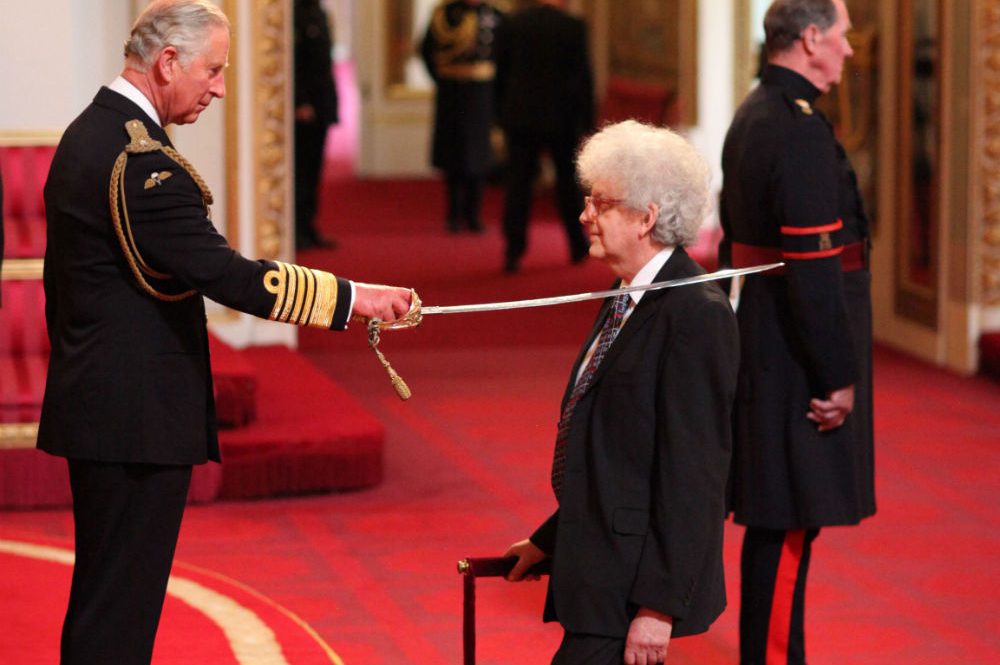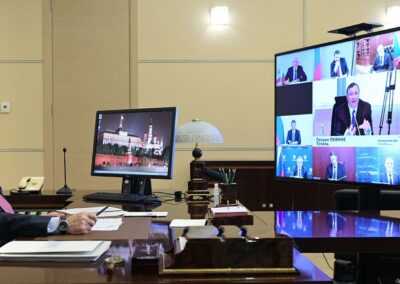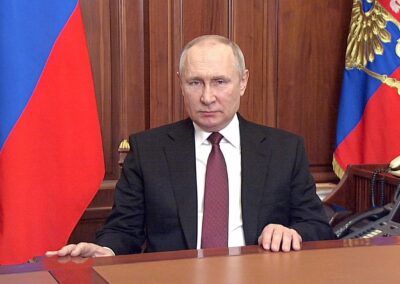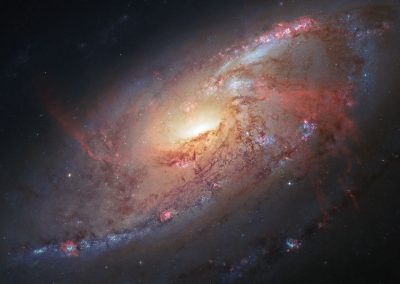
Science Needs Sovereigns
From my article published in Palladium Magazine:
Scientific authority is one of the foundations of power in our society. The landscape of policies and measures considered legitimate and acceptable by society is shaped by whether they are considered to be justified by science. It is not possible to justify a non-scientific response to climate change, pandemics, or some other crisis, even if such crises ultimately pose far more than just scientific questions. As a result, those with the authority to speak on behalf of science have power that goes far beyond just settling scientific debates.
In the early 20th century, sociologist Max Weber concluded that modern civilization had been remade by what he called “legal-rational” authority, which displaced charismatic and traditional authority in Western civilization throughout the modern period. Weber correctly observes that rather than rising on its own, scientific authority developed in close union with legal, administrative, philosophical, and ideological authority. These forms of authority have no sharp boundary between them. What does such authority look like in our society today?
Consider a scientific study demonstrating a new medicine to be safe and efficacious. An FDA official can use this study to justify the medicine’s approval, and a doctor can use it to justify a patient’s treatment plan. The study has this legitimacy even when incorrect. In contrast, even if a blog post by a detail-oriented self-experimenter contained accurate facts, those facts would not have the same legitimacy: a doctor may be sued for malpractice or the FDA may spark public outcry if they based their decisions on reports of this sort. The blog itself would also risk demonetization for violating terms of service, which usually as a matter of policy favors particular “authoritative” sources. A stark example of this is YouTube’s COVID-19 Medical Misinformation Policy, which plainly states that “YouTube doesn’t allow content that spreads medical misinformation that contradicts local health authorities’ or the World Health Organization’s (WHO) medical information.”
For another example, the edit history of the Wikipedia page for the book Why We Sleep, written by a Berkeley professor, is full of back-and-forth edits both adding and removing references to a long list of factual errors in the book compiled by a diligent reader named Alexey Guzey. While Guzey’s contribution was controversial to the editors, they preserved all references to a discussion by Columbia University statistician Andrew Gelman that directly cites Guzey’s work and praises its carefulness. Yet neither Guzey nor Gelman is a sleep scientist.
Read the rest here.




